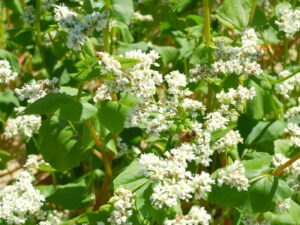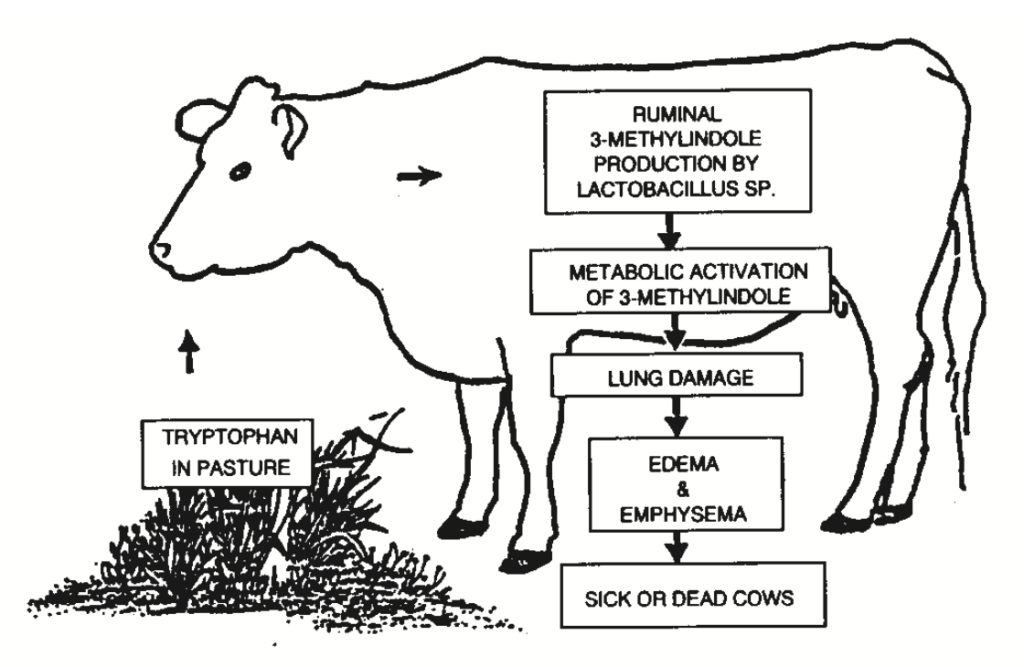

The 2024 Annual New Jersey Agricultural Convention and Trade Show will be held Tuesday to Thursday, February 6-8 at Harrah’s Resort and Waterfront Conference Center 777 Harrah’s Blvd. in Atlantic City, New Jersey. The convention is hosted in cooperation with the Vegetable Growers Association of NJ, the NJ Department of Agriculture, and Rutgers Cooperative Extension. The VGANJ is working with Rutgers Cooperative Extension and others to bring new offerings to the 2024 convention. Look for new activities in the trade show area, new vendors and traditional vendors from the past, and new participation from the Garden State Wine Growers Association. VGANJ is currently accepting exhibitor booth registrations. To find out more about purchasing a booth space see https://vganj.com/exhibitors.
What is new for 2024? On Tuesday during the mid-day break, participants at the convention can pre-sign up and participate in a free “Lunch and Learn” program where exhibitors will discuss their products and services. Registration is required for the free “Lunch and Learn” program, complimentary lunch will be provided, and space is limited. Attendees are also encouraged to participate in the Tuesday evening social and charity auction to bid on some fantastic items from our supporters. The charity auction will benefit Shriners Hospital and will be held on the trade show floor. Tickets will be available for the Wednesday, February 7th NJ Agricultural Society’s luncheon and everyone at the convention is welcome to sign up and buy tickets to attend. Also, on Wednesday evening, the annual VGANJ/NJDA Awards Dinner and Banquet will be held. This year VGANJ will be presenting their 2024 Vegetable Growers of the Year award to Angelo and Leonard Grasso Farms of Mullica Hill, NJ at the Wednesday dinner banquet. In addition, the NJ Department of Agriculture will be honoring their awardees at the dinner. More to come on these awards. Tickets for scheduled meals and events can be purchased through Nancy Wood at the NJ Department of Agriculture. Email Nancy at Nancy.Wood@ag.nj.gov or see Nancy at registration.
All information for the NJ Agricultural Convention and Trade Show can be found on the VGANJ website at https://vganj.com. To register for attending the educational sessions and trade show, to make hotel reservations, and view the Rutgers educational program, scroll to the bottom of the VGANJ webpage or click the “convention” tab at the top of the page. To help VGANJ meet their room reservations commitment please use the hotel room block for the convention on the VGANJ website through this link https://book.passkey.com/go/SH02VG4 or call the hotel at 888-516-2215 and use group code SH02VG4. Attendees can register for all 3 days by purchasing a VGANJ membership or they can purchase one-day passes on the VGANJ website or when arriving at the convention. Everyone is encouraged to pre-register for the event.
The Rutgers Educational Program at the convention this year has the theme of “Pathways to Grow Farm Viability” and covers a wide range of topics including soil health, hemp production, basic wine grape production, tree fruit establishment, vegetable topics, high tunnel production, nursery and ornamentals, strawberry production, transition to organics, blueberry production, food safety, retail marketing, new agricultural technology, pest problems among many other topics. On Thursday, February 8 a half-day session on Worker Protection Safety Respiratory Protection Training with Fit Testing for Respirators will be hosted and licensed applicators can receive 8 core credits. Additionally, there is an all-day Farm Food Safety workshop on Thursday for a fee that can be paid online. Pre-Registration is required for both Thursday workshops and both have limited seating – so register early. See the Thursday Workshop section of the program for workshop registration links and more information. Or use this link for the Food Safety Workshop registration https://go.rutgers.edu/mhqc3m5u or register for the Respirator Training Workshop at https://go.rutgers.edu/pesticideworkshop.
In addition to the Rutgers educational sessions the NJ State Board of Agriculture will be hosting their annual delegates convention. For more information regarding the NJ State Board of Agriculture Delegates Convention see https://www.nj.gov/agriculture/conventions/. Everyone is welcome to attend the NJ State Board of Agriculture delegates sessions to learn more about agricultural issues. The delegates and NJ SBOA meet on Wednesday and Thursday of the convention. Each county board of agriculture, commodity organizations and other groups send delegates to this convention to vote on resolutions important to the agricultural industry. This event is hosted and organized by the NJ Department of Agriculture.
 producers include:
producers include:
